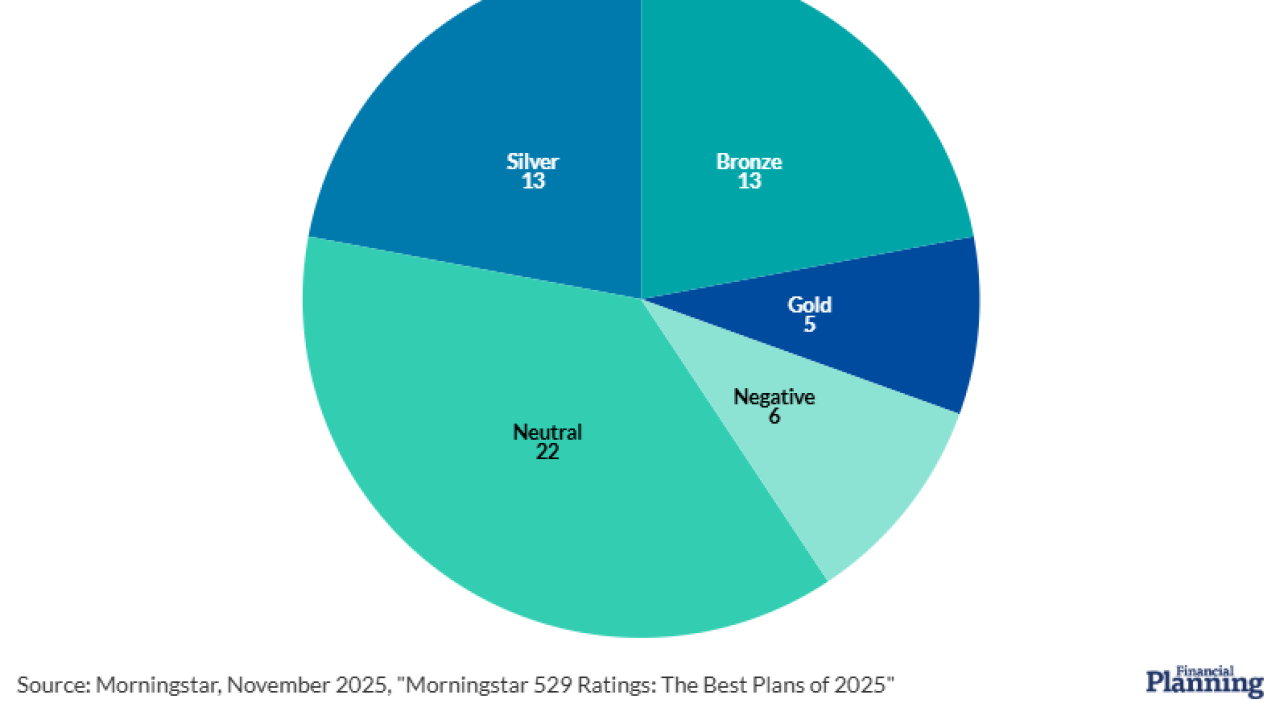(Bloomberg) The House of Representatives voted to revive the tax credit for corporate research and make it a permanent feature of U.S. law.
The 274-145 vote would provide benefits to companies including General Motors Co., Johnson & Johnson and Microsoft Corp. that have lobbied for it. The break would cost the U.S. government—and save companies—$181.6 billion over the next decade.
“If we want a permanently strong economy, we need a permanent research and development tax credit,” Representative Kevin Brady, a Texas Republican, said on the House floor Wednesday. “The time for excuses is over.”
Like other attempts to extend lapsed tax breaks, the House’s action on the research credit puts the bill in limbo in the Senate. Many Democrats want to extend the credit, though only if the cost is offset by tax increases or spending cuts.
President Barack Obama has threatened to veto the measure, and the House’s vote margin is short of the two-thirds needed to override a veto.
“If we’re going to get away from deficit spending, you’ve got to pay for things,” said Representative Xavier Becerra, a California Democrat. “Don’t act like you can do these things for free.”
The Senate hasn’t acted on the House-passed bills. In fact, on May 14 senators stripped the tax language from a House bill that passed with a veto-proof margin, to extend breaks for charities, and replaced it with a trade bill.
Tax Incentives
The research credit is one of dozens of tax incentives known in Washington as “extenders,” because they routinely lapse and then are extended. In some recent years, including 2014, Congress waited almost a year after the breaks elapsed before reinstating them retroactively.
That pattern needs to change, said Representative Paul Ryan, a Wisconsin Republican and chairman of the House Ways and Means Committee. The goal, he said Tuesday, is to “at least send a signal to the economy that this is our intent and this is where we’re going.”
Congress created the research credit in 1981, and the tax break has been stuck in an on-again, off-again cycle since. Lawmakers renewed the break retroactively for 2014 in mid-December, then let it lapse again at the end of the year.
The credit doesn’t always work as intended. Particularly when it is reinstated retroactively, it can be a windfall for companies that would do research anyway.
The bill is H.R. 880.





